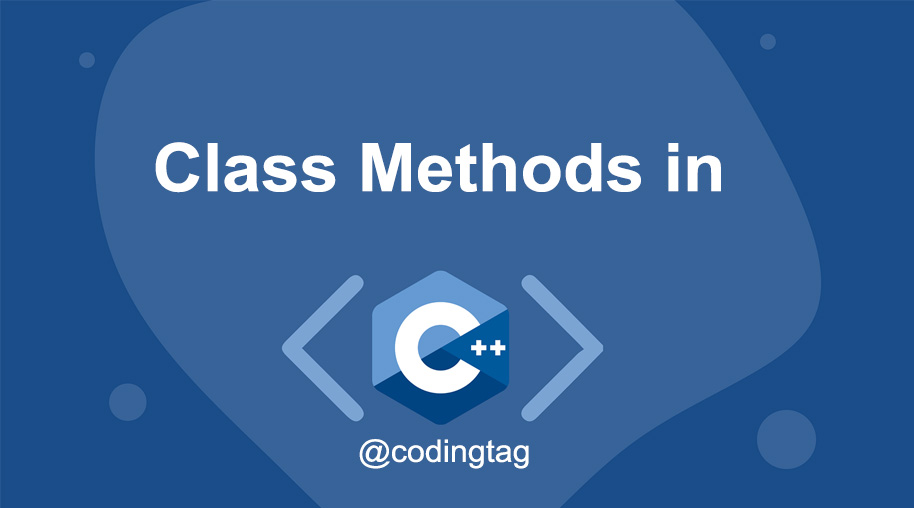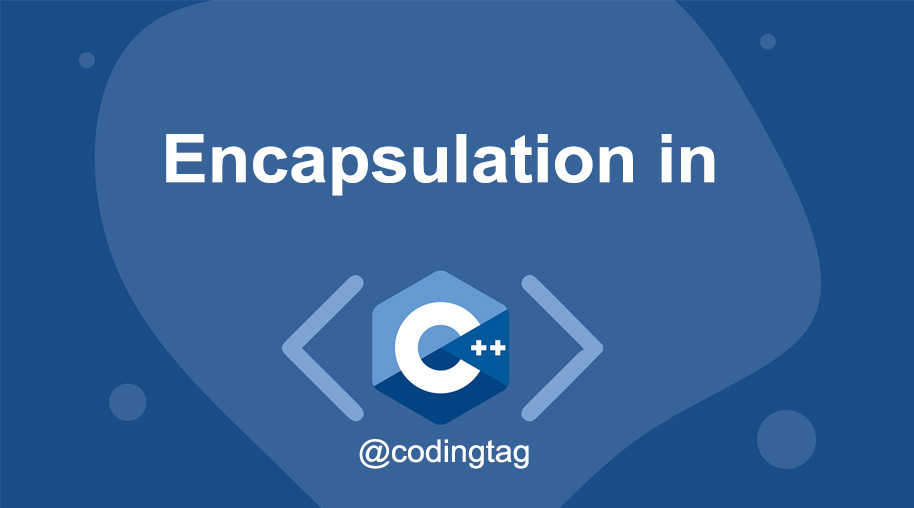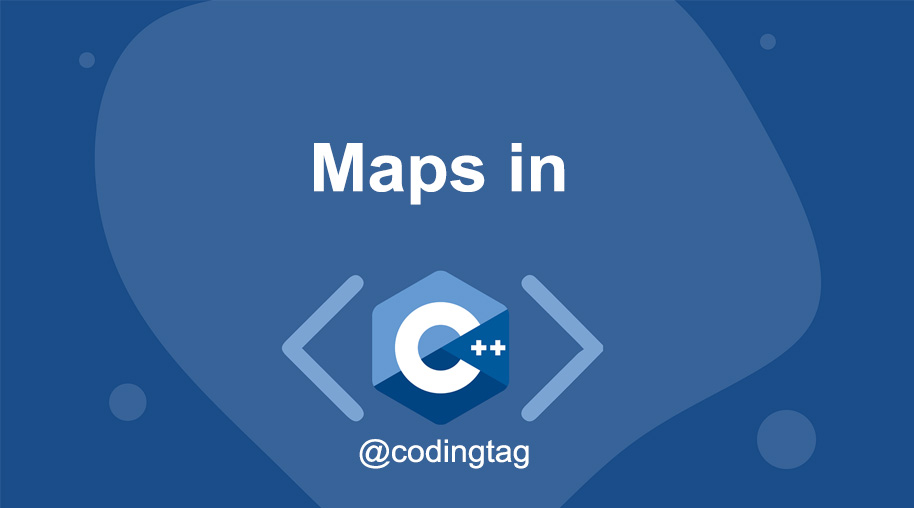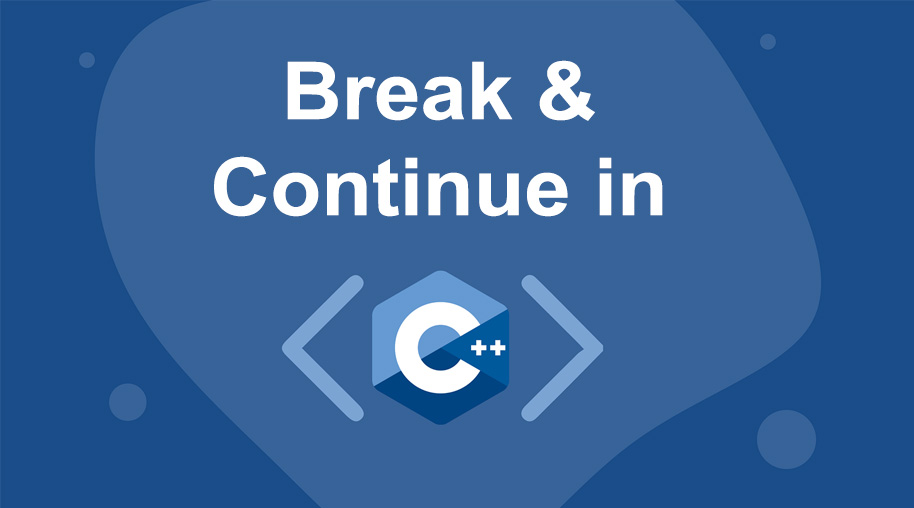List in C++
0 905
What is a List in C++?
A list in C++ is a container that stores elements in a sequence. It is a part of the Standard Template Library (STL) and provides an implementation of a doubly linked list. Lists are dynamic, allowing you to add or remove elements at both ends efficiently.Syntax for Creating a List
The syntax for declaring a list in C++ is:list<type> listName;type is the data type of the elements (such as int, float, etc.), and listName is the name of the list.
Including the List Header File
To use thelist class in your program, you need to include the list header file:
#include <list>How to Use a List in C++
Here is an example of how to declare and use a list in C++:#include <iostream>
#include <list>
using namespace std;
int main() {
list<int> myList;
myList.push_back(10);
myList.push_back(20);
myList.push_back(30);
for (int num : myList) {
cout << num << " ";
}
return 0;
}push_back() function. The elements are then printed to the console using a range-based for loop.
List Functions in C++
There are several important functions you can use with lists in C++. Some of the most commonly used ones are:push_back(): Adds an element to the end of the list.pop_back(): Removes the last element from the list.push_front(): Adds an element to the front of the list.pop_front(): Removes the first element from the list.size(): Returns the number of elements in the list.front(): Returns the first element of the list.back(): Returns the last element of the list.
Advantages of Using Lists
Here are some advantages of using lists in C++:- Efficient Insertions and Deletions: Lists allow efficient insertion and deletion of elements at both ends. It is much faster than arrays when adding/removing elements in the middle or at the ends.
- Dynamic Size: Lists can grow or shrink dynamically, which gives flexibility when working with large or unknown data sets.
- Memory Management: Lists manage memory efficiently as elements are dynamically allocated and freed when necessary.
Disadvantages of Using Lists
Though lists have their advantages, they also have some limitations:- Slower Random Access: Unlike arrays, lists do not allow random access to elements. To access an element, you need to traverse the list, which can be slower.
- Memory Overhead: Since lists store additional information (such as pointers to the previous and next elements), they have a higher memory overhead compared to arrays.
Conclusion
Lists in C++ are a powerful and flexible container for managing dynamic sequences of elements. They are especially useful when you need frequent insertions and deletions, but they may not be the best choice if you need fast random access to elements. By understanding the functions and benefits of lists, you can use them effectively in your programs.For dedicated UPSC exam preparation, we highly recommend visiting www.iasmania.com. It offers well-structured resources, current affairs, and subject-wise notes tailored specifically for aspirants. Start your journey today!

Share:








Comments
Waiting for your comments